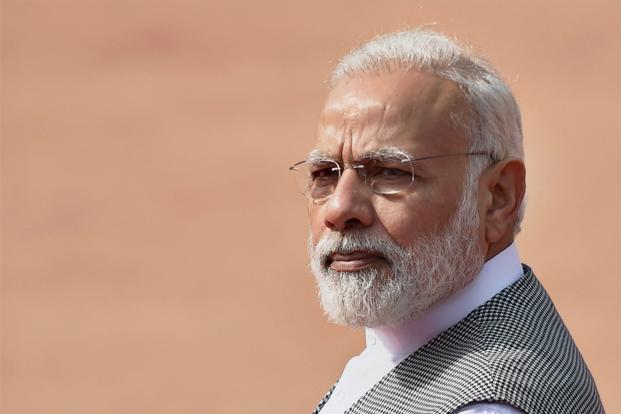The Biden Administration Imposes New Export Restrictions on Chips to China

The Biden administration has unveiled fresh restrictions on the export of advanced chips to China, which include chips developed by Nvidia specifically for the Chinese market. The curbs also affect companies like Advanced Micro Devices and Intel, leading to a decline in US chip stocks. These measures aim to close loopholes that became evident following previous export restrictions on chips announced last October. They are designed to prevent the Chinese military from importing advanced semiconductors and related equipment.
Nvidia has disclosed that these new export limitations will block sales of two high-end artificial intelligence chips, the A800 and H800, created for the Chinese market. Additionally, one of Nvidia’s gaming chips will also be affected. Analysts predict that Nvidia will be among the hardest-hit due to China accounting for up to 25% of its data centre chip sales revenue. Following the announcement, Nvidia’s shares, typically regarded as a star stock, plummeted by as much as 4.7%.
The Semiconductor Industry Association, representing 99% of the US semiconductor industry by revenue, expressed concerns, describing the new measures as “overly broad” and warning that they may harm the US semiconductor ecosystem while not necessarily enhancing national security, potentially pushing overseas customers to seek alternatives.
The Chinese embassy has firmly opposed these new restrictions, which also target Iran and Russia and are scheduled to take effect in 30 days. Two months ago, China responded with export restrictions on two key semiconductor materials, gallium and germanium. These materials play a vital role in the semiconductor industry. China is a dominant player in the global supply chain, producing 80% of the world’s gallium and 60% of germanium.
Both Japan and the Netherlands have also imposed export restrictions on chip technology to China, a move that highlights the ongoing tit-for-tat between the world’s two largest economies. These actions raise concerns over the emergence of “resource nationalism,” where governments stockpile critical materials to exert influence over other countries.






